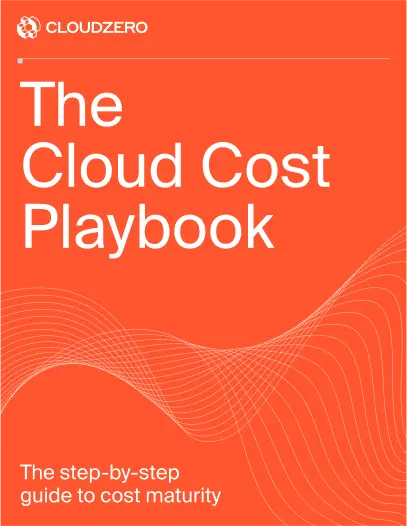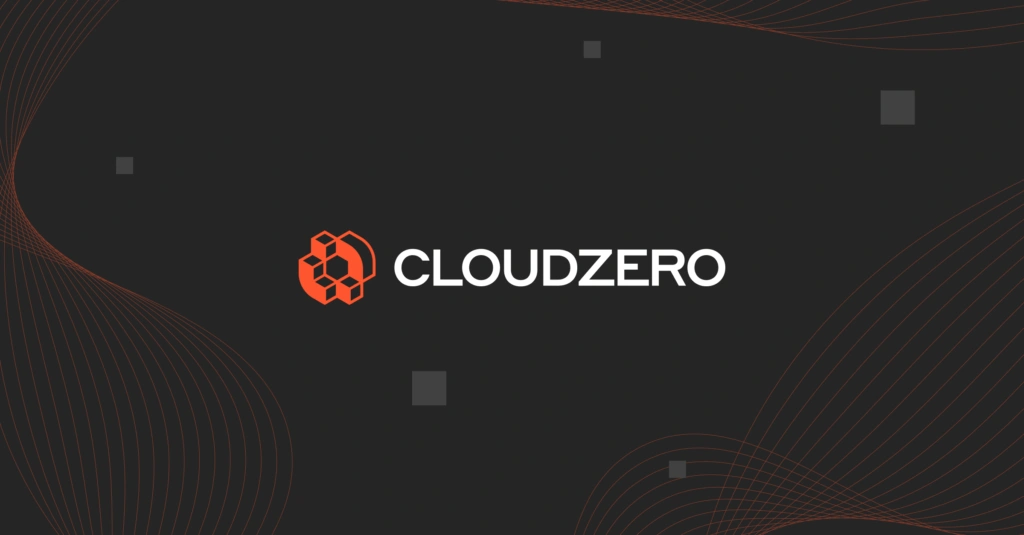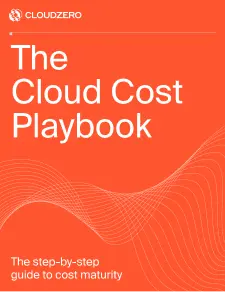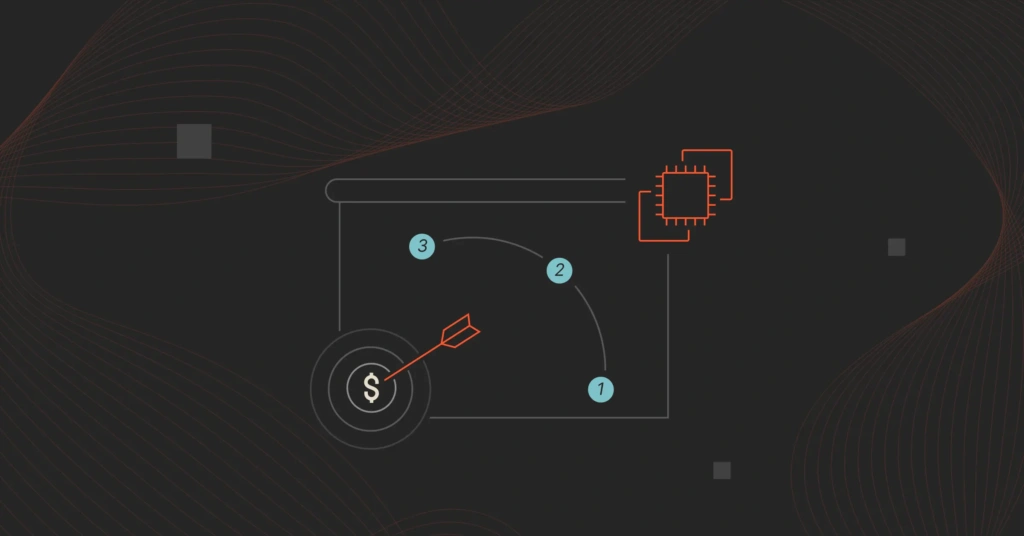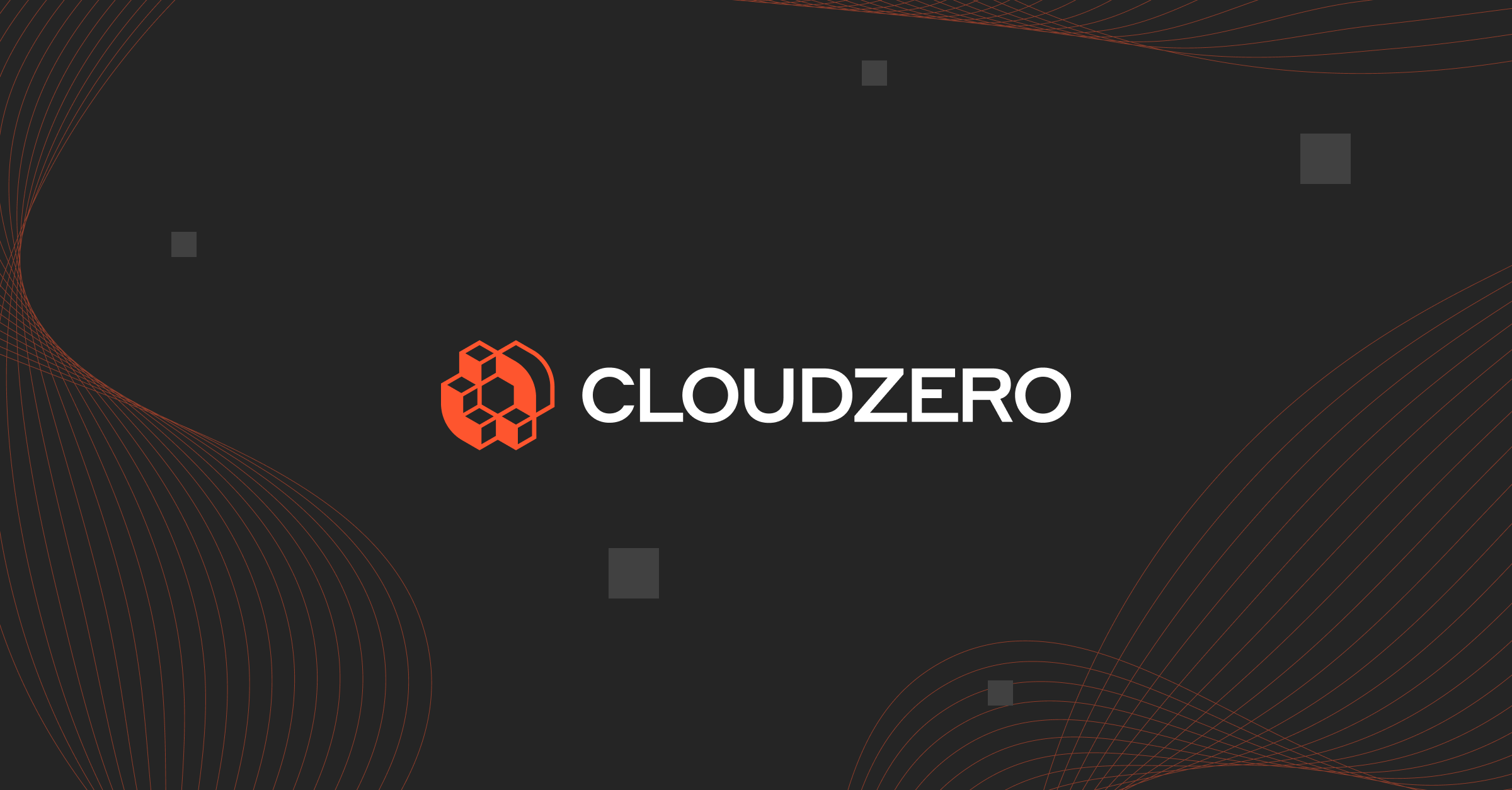Cloud infrastructure refers to both hardware and software components—ranging from servers to storage to networking and virtualization software—that are required to support cloud computing. Thus, cloud infrastructure optimization refers to optimizing these components for: efficiency, performance, and cost.
What Engineers Need to Know About Cloud Infrastructure Optimization
As an engineer, you know that your goal is to consistently deliver applications that perform well and that users love to use. Accomplishing this goal requires ensuring that the underlying infrastructure is optimized. If it isn’t, costs can spiral out of control. Or you may find yourself making tough decisions pitting cloud costs against customer satisfaction without a clear understanding of how to balance priorities. In today’s post, we will explain what cloud infrastructure optimization means and why engineers should care about it.
We will also dive into the importance of cloud cost optimization—which is often left out of the infrastructure optimization equation, but which is key to long-term success for businesses—and should be an integral part of everyday cloud engineering decisions.
Cloud Infrastructure Optimization Step One: Invest in Measurement & Monitoring
The only way you can effectively optimize your cloud infrastructure is by first investing in measurement and monitoring. In other words, if you don’t have clear and complete visibility into how your cloud infrastructure is performing, there is no way to know which levers to pull to optimize it over time.
It’s likely that you already have some monitoring systems in place. For example, most engineering organizations have availability alerting that will let them know if your systems have an issue that could lead to bigger problems, such as your site going down. This type of monitoring must be extended to all areas of cloud infrastructure optimization, so that you can track the factors that impact efficiency, performance, and cost.
5 Key Questions for Cloud Infrastructure Optimization
Once you have measurement and monitoring systems in place, here are five questions to ask your team to understand whether your infrastructure is well-optimized and where areas for improvement may exist:
- Are you utilizing reserved instances efficiently? Are you using reserved instances when appropriate, and saving money that would be wasted with on-demand pricing?
- Are you scheduling or autoscaling underutilized resources? When loads change dramatically over a period of time, scheduling or auto-scaling can decrease costs significantly.
- Have you considered microservices and/or serverless? Newer cloud infrastructure technologies can save you quite a bit of money if you employ them strategically. This is because they reduce operational costs, do not require any up-front capacity, and bypass environment configuration challenges.
- Do you have a cloud governance structure in place? While smaller organizations with less complicated infrastructure may be able to get away without well-defined processes, there comes a point when governance paves the way to a more efficient usage of the cloud. As you grow, consider implementing governance.
- Do you know your cloud costs and your cloud value? Most cloud bills do not tell the whole story, and they don’t arrive in time to help teams optimize cloud costs in real-time or stop runaway cost spikes. Engineering teams should strive to have insight into live cloud costs, as well as understanding how those costs translate to ROI for the business.
How to Optimize Cloud Infrastructure for Cost
To ensure cost-optimized cloud infrastructure over time, cloud cost monitoring must be built in. Comprehensive cost monitoring enables technical teams to make architectural and engineering decisions that are informed by a cost-aware model.
When cost optimization becomes part of the cloud infrastructure optimization conversation, the benefits extend way beyond detecting accidental overspend. See, cost alerting can help engineering teams detect attacks (like cryptomining or denial of wallet attacks) or identify future scaling issues. Making cost part of the equation will also encourage engineers to build increasingly cost efficient systems.
Every engineering choice costs money, so teams who have access to relevant, real-time data and an understanding of why costs matter can directly impact the overall success of the business.
Cloud Infrastructure Optimization: Where Do We Go From Here?
Revealing the right data to the right people at the right time can help them make decisions to optimize all aspects of cloud infrastructure, increasing efficiency, performance, and cost all in one fell swoop.
The CloudZero platform empowers engineers with timely, relevant cost data, so you can optimize your infrastructure and ensure you are getting the maximum value out of your cloud investment.
